The content of the article
Lingonberry is popularly called the berry of immortality for its rich composition and variety of beneficial properties. Indeed, the sweet and sour red berry is able to solve many problems, it supports the body in a difficult period, when vitamin deficiency and illness literally bring a person to physical and moral exhaustion. Incredibly useful are not only the berries, but also the leaves of the bush from which to make healing tea. Today, scientists and healers still can not find the answer, what is still more useful - leaves or berries. Fortunately, natural lingonberry vitamin tea is prepared with the addition of both components.
How to make lingonberry tea?
To make the medicine not only useful, but also tasty, the leaves and berries of lingonberries should be properly prepared. Leaflets are usually collected twice a year. The first harvest is in April, when the shrub has already turned green, but has not yet begun to bloom. Cut the upper stems with 3-4 leaves. Tea from such leaves is very delicate and fragrant. But here the benefits are most in lingonberry tea, for which preparations were made in the fall, after the harvest. Such leaves are longer and better stored, the concentration of nutrients in them is higher. After harvesting, the leaves should be dried immediately - in the sun or in the oven at 50 degrees.
Berries are harvested in late September or early October, as they ripen. To keep lingonberries for the whole winter, the berries need to be dried or frozen. Dry lingonberries better in the sun. If you decide to speed up the process and send the red beads to the oven, make sure that the temperature does not rise above 70 degrees, otherwise the useful substances of the berry will quickly lose their value. Dried lingonberries are stored in canvas bags or boxes. And the best thing is to freeze the berries - so the lingonberry retains a maximum of beneficial properties. The washed berry is laid out on flat plates, and after freezing it is poured into a container for long-term storage. You can mix the berries with sugar, after defrosting you get a tasty, natural and healthy jam.
Cooking lingonberry tea is not difficult. In the teapot, you need to add a pinch of crushed cowberry leaves, pour boiling water and let it brew for at least 10 minutes. Together with leaves in the teapot, you can add 5-7 dried lingonberry berries. If your berries are frozen, it is better to add them directly to the cup to enjoy the taste and aroma of natural, healthy and very tasty tea. If the drink seemed sour to you, you can eat it with honey, but don’t add honey to hot tea - it loses its beneficial properties due to high temperature. In addition, ginger, raspberries and cranberries, lemon, mint, and thyme can be added to tea. This will make the drink even more healthy and valuable. But how does regular consumption of lingonberry tea affect the human body?
Useful properties of lingonberry tea
The composition of lingonberries is simply amazing - it has a variety of vitamins, minerals, tannins, antioxidants, flavonoids, tannins, arbutin, organic acids and many more important and valuable substances.
- Lingonberry contains a huge amount of vitamin C, which supports the immune system and restores the natural barrier to colds. Tea with lingonberries is very useful in the autumn-winter period, it will help protect against SARS.
- Lingonberry tea perfectly restores strength, brings the body into tone. It is useful for those who have suffered serious infectious diseases and operations, women in the postpartum period.In addition, tea will help to recover if you are on a strict diet or are forced to exercise intensively.
- Lingonberry tea has an anti-inflammatory effect, it is useful to use it for various diseases of the cavity of the stomach and intestines. But remember that for gastritis and ulcer tea should be used only from leaves, without adding fresh berries.
- The astringent effect of lingonberries helps to cope with diarrhea and poisoning. Such a tasty and safe medicine is especially necessary for women during pregnancy, because taking medications in the early stages is undesirable.
- Lingonberry tea is often used externally. The anti-inflammatory, antiseptic and antifungal properties of the liquid are used to treat wounds, boils, seborrhea, eczema, allergic rashes, etc.
- Lingonberry tea is a powerful and safe sedative. A drink will help you quickly get rid of stress, disconnect from work problems, relieve anxiety and irritability. Tea is very useful in the fight against headache with weather sensitivity. The drink perfectly dilates blood vessels and quickly relieves discomfort.
- And lingonberry is an excellent diuretic that can relieve excess fluid in the body, relieve swelling and remove bags under the eyes. Tea with lingonberries in large quantities is an effective treatment for cystitis, the drink will help you get rid of pain, pain and frequent urge to the toilet.
- Lingonberry tea has a diaphoretic and antipyretic effect, it is an excellent tool to lower the temperature during colds.
- The active substances in the composition of lingonberry leaf normalize blood sugar levels, which is very important for diabetics. Regular consumption of lingonberry tea will help you improve sleep, get rid of the constant feeling of tiredness and weakness.
- Lingonberry tea is very useful to drink during lactation - a decoction of young leaves helps to increase the amount of milk, make it more fat and nutritious.
And lingonberry tea is recommended to drink with prostatitis, oncology, tuberculosis, various kidney diseases, toxic poisoning, viral and infectious diseases. But before you begin to be treated with this delicious drink, be sure to read the contraindications.
Who should not drink lingonberry tea?
Lingonberry berries grow in the taiga, in marshy and impenetrable places. Surprisingly, the bush grows wider and higher if it has to wade through stumps and other obstacles. The bushes survive well in harsh climates, the berries tolerate frosts perfectly. In winter, this is a real salvation for birds and animals that suffer from hunger. Enjoy the red beads and you - drink lingonberry tea and take care of your health!
Video: cowberry juice for colds


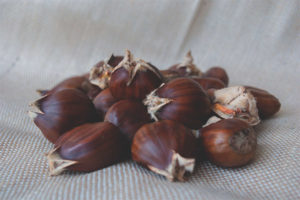
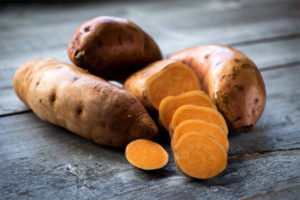
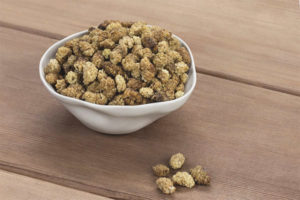
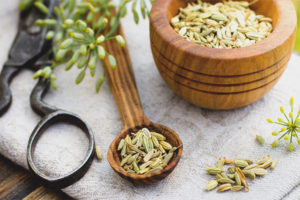
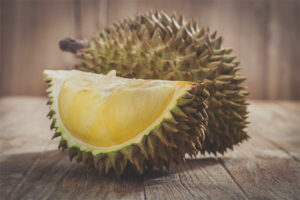
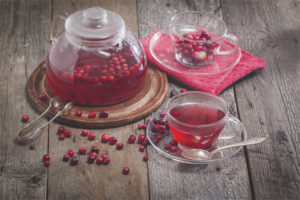
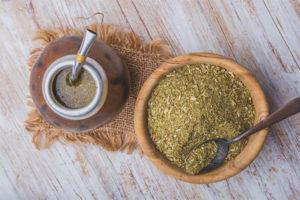
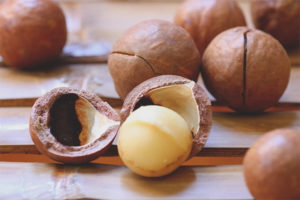
Submit